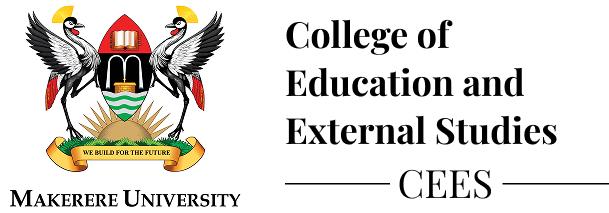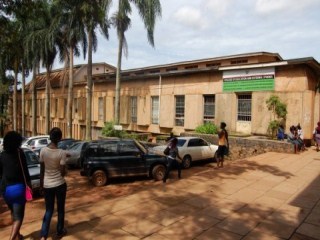Makerere University researchers in a joint study have found that female students are less likely to use Information Communication Technologies compared to their male counterparts. School of Distance and Lifelong Learning’s Dr Alice Nankya Ndidde, said that the study undertaken under the Panafrican Research Agenda on the Pedagogical Integration of ICT in Africa showed that a gender disparity existed within the use and integration of ICT in schools and institutions of higher education.
The study funded by the International Development Research Centre (IDRC), in Uganda was conducted in five primary schools, four secondary schools and 2 institutions of higher education. Ndidde said that, “the school system is the first point of contact for the majority of computer technology users in Uganda yet schools largely exhibit deep seated negative stereotypes against girls’ and female teachers’ use of technology.” She observed that in one of the secondary schools studied, 99.3% of computer users were boys with girls being only 0.7%. “Most efforts were centred around teaching ICT and less on integrating it into the teaching and learning. In schools that had integrated ICT use, students reported being motivated and willing to study science subjects that have been traditionally believed to be difficult. Students registered improved levels of participation, self directed learning and increased confidence levels and self esteem. Interestingly, private schools had more ICT infrastructure than the prestigious public schools,” she said. Despite the positive impact of ICT integration, challenges with access, utilization and gender disparities still exist in the integration of ICT into learning and teaching. Most institutions have inadequate computer infrastructure and internet connectivity to match student numbers. There are more male than female teachers trained in ICT and the urban- rural divide is evident in the access to ICT.
Recommendations have been suggested that include encouraging females and males to participate in ICT equally. Parents and guardians are urged to ensure that girls and boys both use computers and ICT facilities equally without discrimination so that girls can equally pick up interest in the technology right from home. Teacher training should equip teachers with knowledge and skills around gender issues in the use of ICT and how to plan activities which encourage girls and boys to develop ICT skills equally.
The five year project involves collaborations with University of Montreal, Canada; Educational Research Network for West and Central Africa (ERNWACA) and University Institutions from twelve African countries including Uganda. Partner institutions in Uganda include; Department of Adult and Community Education, School of Computing and Informatics Technology both of Makerere University, National Curriculum and Development Centre and Ministry of ICT and Ministry of Education and Sports. The study was carried out to understand how the pedagogical integration of ICT can enhance the quality of teaching and learning in Africa. The study due to end in August and has been extended to December 2011 to allow for the publication and dissemination of findings. For more information about the Project visit www//observatoiretic.org/www.panaf-edu.org




